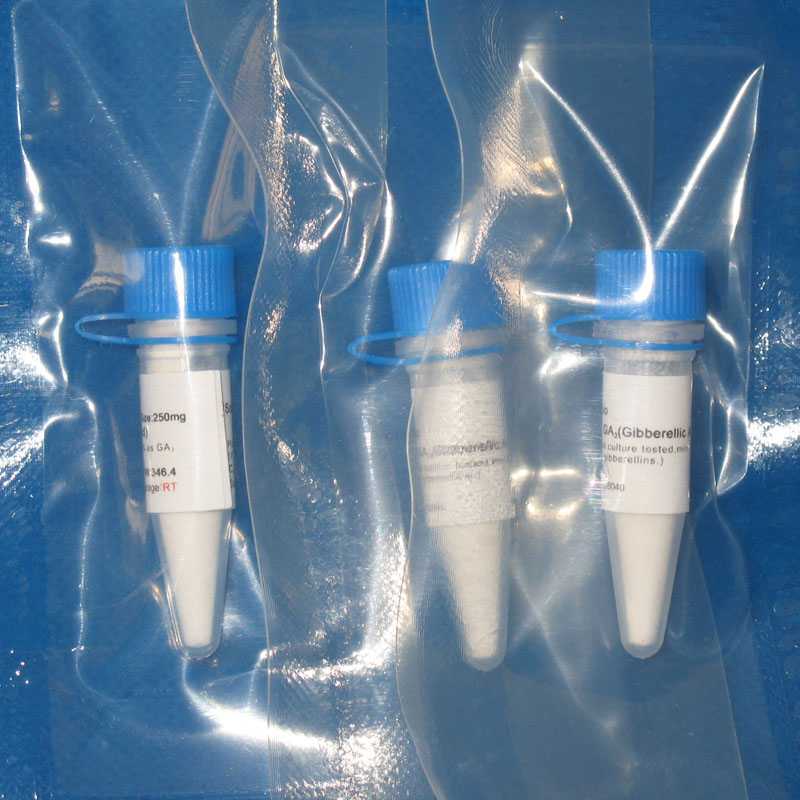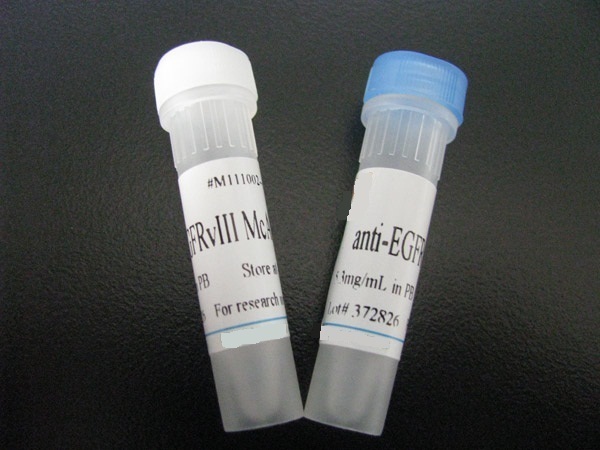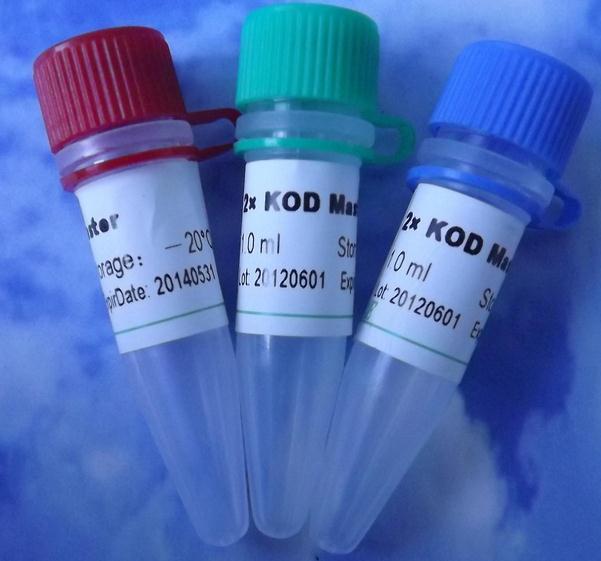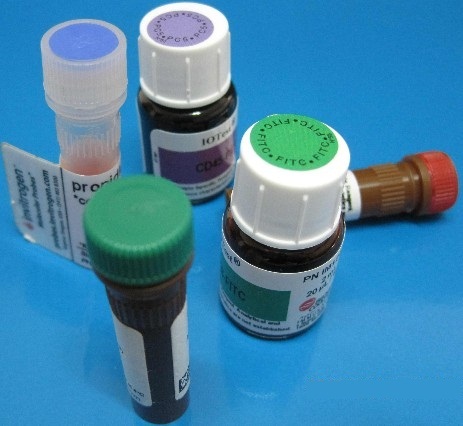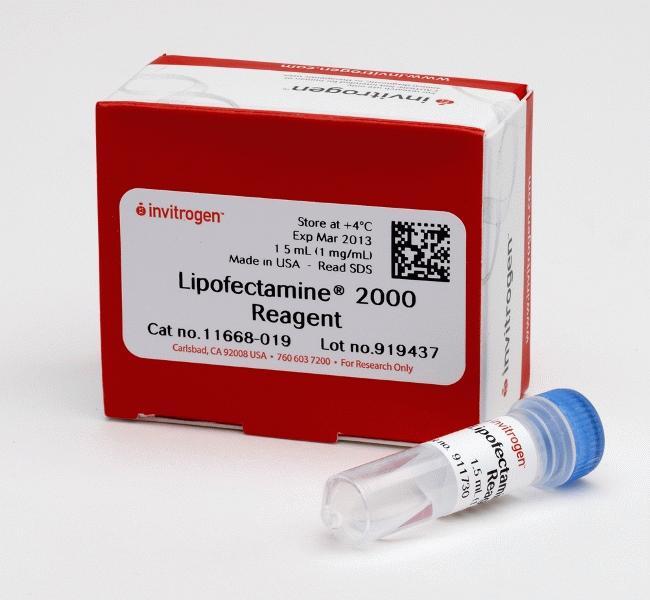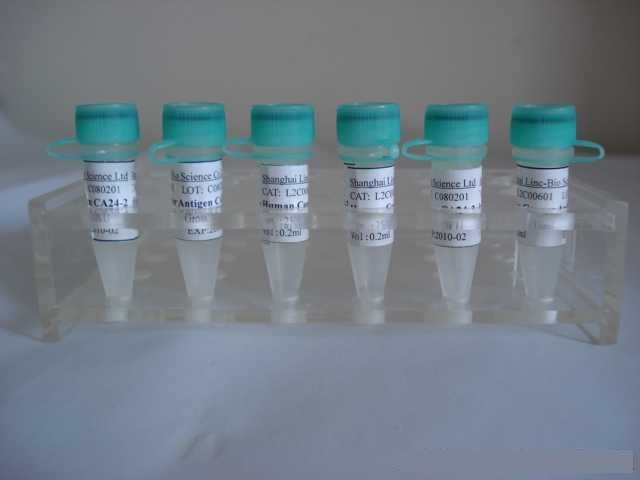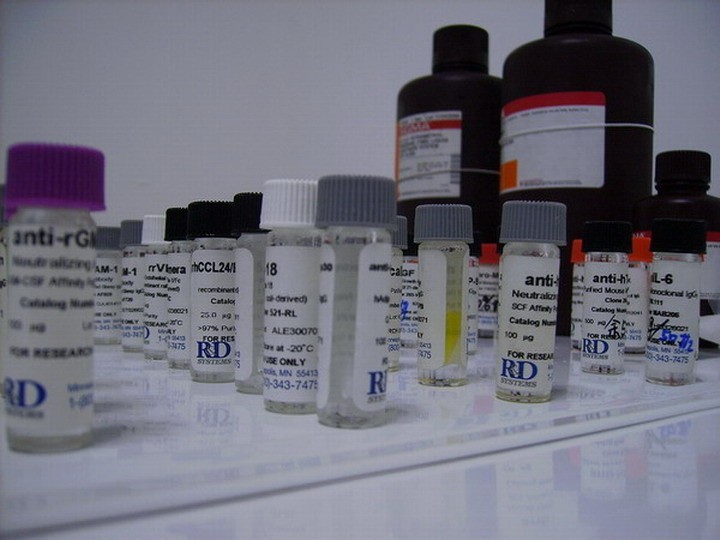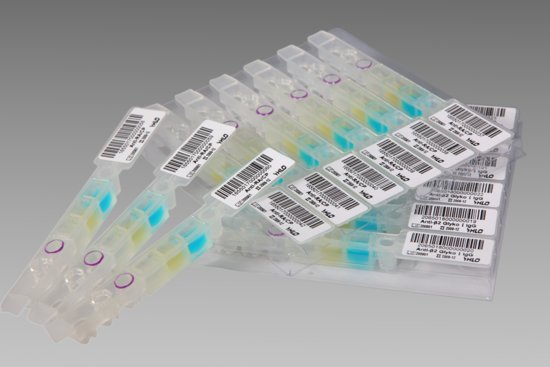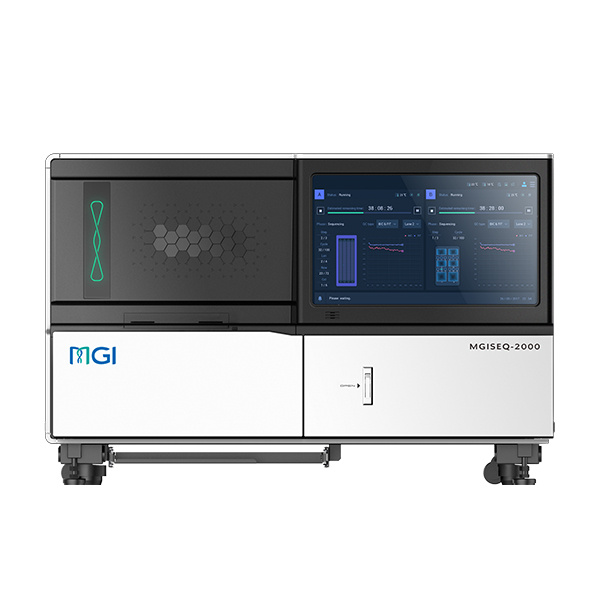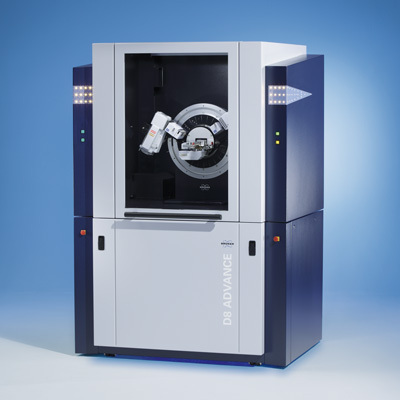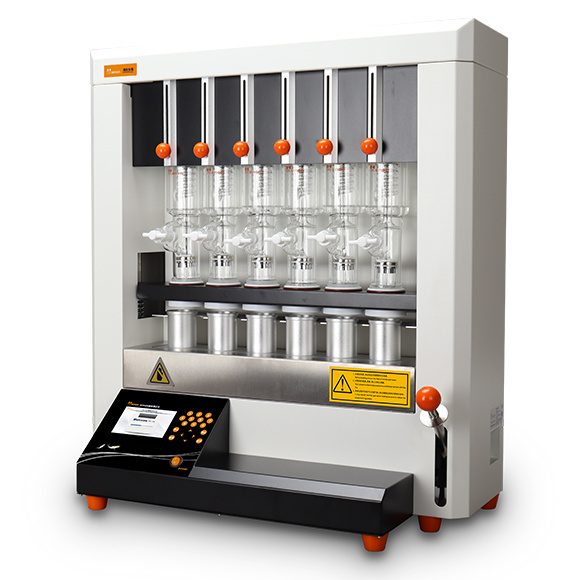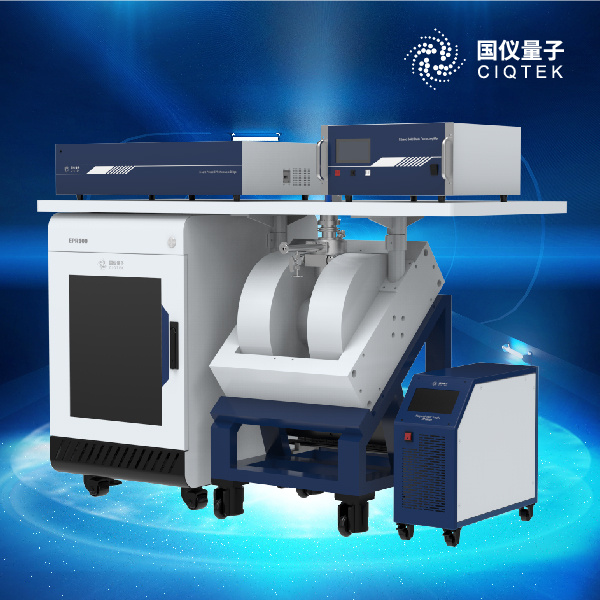浓 度 1mg/1ml
规 格 0.2ml/200μg
抗体来源 Rabbit
克隆类型 polyclonal
交叉反应 Human, Mouse, Rat, Dog, Pig, Cow, Horse, Rabbit, Sheep
产品类型 一抗
研究领域 细胞生物 免疫学 信号转导
蛋白分子量 predicted molecular weight: 111kDa
性 状 Lyophilized or Liquid
免 疫 原 KLH conjugated synthetic peptide derived from human DPYD
亚 型 IgG
纯化方法 affinity purified by Protein A
储 存 液 Preservative: 15mM Sodium Azide, Constituents: 1% BSA, 0.01M PBS, pH 7.4
产品应用 WB=1:100-500 ELISA=1:500-1000 IP=1:20-100 IHC-P=1:100-500 IHC-F=1:100-500 IF=1:100-500
(石蜡切片需做抗原修复)
not yet tested in other applications.
optimal dilutions/concentrations should be determined by the end user.
保存条件 Store at -20 °C for one year. Avoid repeated freeze/thaw cycles. The lyophilized antibody is stable at room temperature for at least one month and for greater than a year when kept at -20°C. When reconstituted in sterile pH 7.4 0.01M PBS or diluent of antibody the antibody is stable for at least two weeks at 2-4 °C.
Important Note This product as supplied is intended for research use only, not for use in human, therapeutic or diagnostic applications.
二氢嘧啶脱氢酶抗体产品介绍 Dihydropyrimidine dehydrogenase (DPYD) catalyzes the first rate-limiting step of the NADPH-dependent catabolism of uracil and thymine to dihydrouracil and dihydrothymine; thus, a deficiency of DPYD leads to an accumulation of uracil and thymine. Abnormal concentrations of these metabolites in bodily fluids may be the cause of neurological disease and a contraindication for treatment of cancer patients with certain pyrimidine analogs. DPYD also catalyzes the anticancer agent 5-fluorouracil (5-FU) pathway and is involved in the efficacy and toxicity of 5-FU. Variations in DPYD concentration may arise from alterations at the transcriptional level of the dihydropyrimidine dehydrogenase gene. Specifically, hypermethylation of the DPYD promoter downregulates dihydropyrimidine dehydrogenase expression. Deficient DPYD alleles may constitute a risk factor for severe toxicity following treatment with 5-FU. Involvement in disease:
Defects in DPYD are the cause of dihydropyrimidine dehydrogenase deficiency (DPYD deficiency) ; also known as hereditary thymine-uraciluria or familial pyrimidinemia. DPYD deficiency is a disease characterized by persistent urinary excretion of excessive amounts of uracil, thymine and 5-hydroxymethyluracil. Patients suffering from this disease show a severe reaction to the anticancer drug 5-fluorouracil. This reaction includes stomatitis, Leukopenia, thrombocytopenia, hair loss, diarrhea, fever, marked weight loss, cerebellar ataxia, and neurologic symptoms, progressing to semicoma.
Function : Involved in pyrimidine base degradation. Catalyzes the reduction of uracil and thymine. Also involved the degradation of the chemotherapeutic drug 5-fluorouracil.
Subunit : Homodimer.
Subcellular Location : Cytoplasm
Tissue Specificity : Found in most tissues with greatest activity found in liver and peripheral blood mononuclear cells.
DISEASE : Defects in DPYD are the cause of dihydropyrimidine dehydrogenase deficiency (DPYDD) [MIM:274270]; also known as hereditary thymine-uraciluria or familial pyrimidinemia. A metabolic disorder with large phenotypic variability, ranging from no symptoms to a convulsive disorder with motor and mental retardation. It is characterized by persistent urinary excretion of excessive amounts of uracil, thymine and 5-hydroxymethyluracil. Patients suffering from this disease show a severe reaction to the anticancer drug 5-fluorouracil.
Similarity : Belongs to the dihydropyrimidine dehydrogenase family.
Contains 3 4Fe-4S ferredoxin-type domains.
Database links : UniProtKB/Swiss-Prot: Q12882.2
![]()



